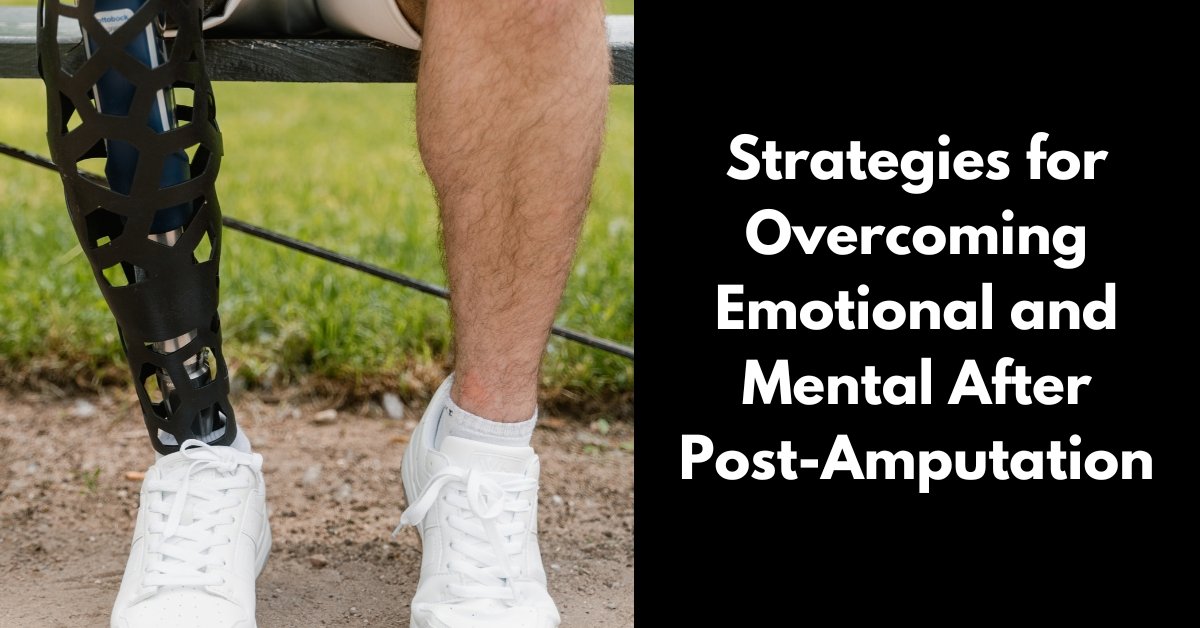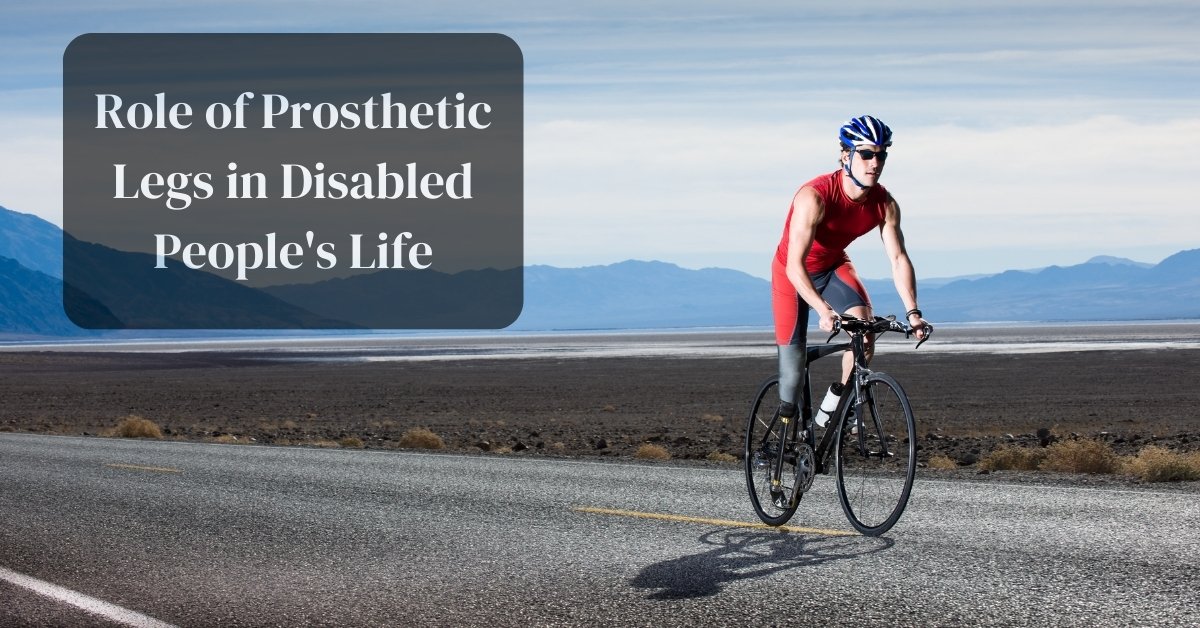
Undergoing an amputation is a profound and life-altering experience that affects not only the body but also the mind and emotions. The loss of a limb can shift how you interact with the world, often bringing up complex emotions like grief, anger, and fear. Despite these challenges, recovery is possible with the right support, patience, and strategies. This article delves into ways to overcome the emotional hurdles after amputation, including finding emotional support, regaining self-confidence, and adapting to your new way of life.
How to Navigate Emotional Challenges After Amputation
1. Allow Yourself Time to Grieve
It’s natural to experience a wide array of emotions after losing a limb. Grief, anger, frustration, and sadness are common, and these feelings may persist long after the surgery. Don’t feel guilty for grieving or be hard on yourself for experiencing emotional distress. Acknowledging and embracing these emotions is an essential part of healing. Remember that it’s okay to mourn what you’ve lost, and there’s no set timeline for how long this process should take.
2. Accept Your New Reality
Acceptance is a critical step in overcoming emotional challenges after amputation. The emotional journey may be filled with ups and downs, ranging from confusion to frustration. Accepting your new reality doesn’t mean giving up but rather adjusting to the changes in your life. Acknowledge the loss, honor your feelings, and give yourself permission to process the changes gradually. Realizing that it’s okay to feel upset can alleviate some of the pressure and help you move forward at your own pace.
3. Seek Emotional Support
Amputation can be a lonely road, but you don’t have to face it alone. Reaching out to family, friends, or professional support networks can provide the emotional assistance you need. Therapists and counselors can help you work through complex emotions like anxiety, sadness, or anger and offer guidance on how to cope with the mental challenges you face. Support groups specifically for amputees are also invaluable as they offer shared experiences, advice, and solidarity, making it easier to understand that you’re not alone in this journey.
4. Adjust to a New Lifestyle
Your day-to-day activities will change after an amputation, but with time, you’ll learn new ways to do things. Whether it’s finding new methods for cooking, working, or exercising, adaptation is a gradual process. Prosthetic limbs, for example, can help restore mobility, enabling you to resume many of your previous activities. Learning how to use prosthetics or other adaptive tools will help you regain a sense of normalcy and begin rebuilding your confidence as you adjust to these new challenges.
5. Consider Therapy for Emotional Well-being
Therapy is a beneficial resource for many people adjusting to life after amputation. It can provide a safe space to explore and process emotions such as grief, guilt, and frustration. Cognitive Behavioral Therapy (CBT) can be particularly effective for reframing negative thought patterns and teaching healthier coping mechanisms. A therapist can also help you manage mental health conditions like anxiety or depression, which may arise as part of your adjustment.
6. Focus on Rehabilitation
Physical rehabilitation, including physical and occupational therapy, is essential for regaining both physical independence and emotional well-being. Setting realistic, achievable goals during rehabilitation is crucial for motivation. Every small success along the way, whether it’s regaining strength or mastering a new skill, helps build confidence and a sense of accomplishment. Through rehabilitation, you can improve your physical capabilities while also nurturing your mental resilience.
7. Overcome Social and Psychological Hurdles
For many amputees, the psychological challenge of reentering social situations can be daunting. Concerns about how others perceive you or fear of judgment can be significant barriers. However, self-confidence plays a major role in overcoming these challenges. By focusing on your progress and the strength you’ve shown in your recovery, you can gradually diminish self-consciousness. Remember, you don’t need to explain your condition to others unless you feel comfortable doing so.
8. Regain Confidence Through Mobility
Prosthetics can be a powerful tool for restoring independence and boosting self-esteem. The ability to walk, move, or even return to athletic activities can do wonders for your emotional well-being. Rebuilding your mobility, step by step, will help reinforce your sense of control and empowerment. If you’re looking for high-quality prosthetics, consulting a reliable prosthetics limb manufacturing company in Mumbai can ensure you receive the best solution for your needs.
9. Embrace Positive Changes
Although the journey after amputation can be difficult, many individuals find that they emerge stronger and more resilient. As time passes, you might notice that you’re more adaptable, patient, and compassionate with yourself. Shifting your focus from what you’ve lost to what you’ve gained can be empowering. Recognizing these positive changes in your attitude and outlook can bolster your confidence and emotional recovery.
10. Create and Maintain a Routine
Establishing a daily routine can bring structure and a sense of normalcy to your life. Whether it’s a regular wake-up time, meal schedule, or exercise routine, having a sense of control in your day can reduce feelings of chaos or uncertainty. Maintaining a routine not only helps manage anxiety but also provides a stable foundation during the emotional and physical challenges of adjusting to life after amputation.
Moving Forward with the Right Prosthetic Solutions
While life after amputation can be overwhelming, it’s important to focus on both your emotional and physical healing. By allowing yourself to grieve, accepting your new reality, seeking emotional support, and finding ways to adapt, you can regain your independence and sense of self-worth. Incorporating rehabilitation and embracing prosthetic solutions will also aid in this process. Life after amputation doesn’t mean the end of your journey; it’s about adapting, growing, and finding new ways to thrive.


